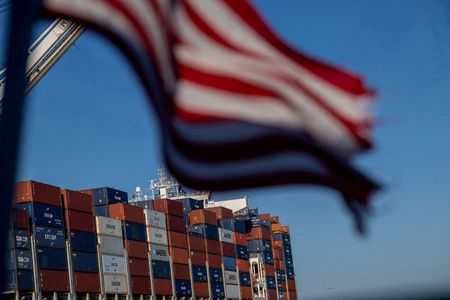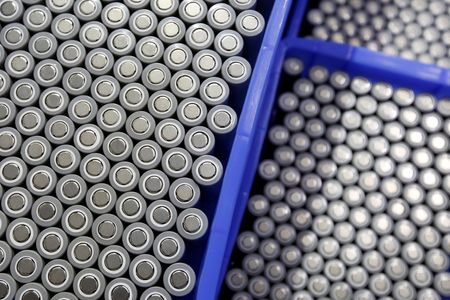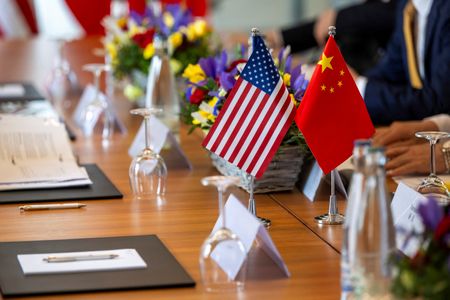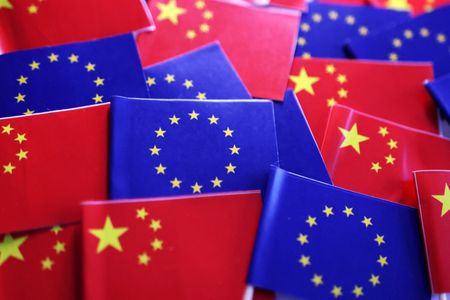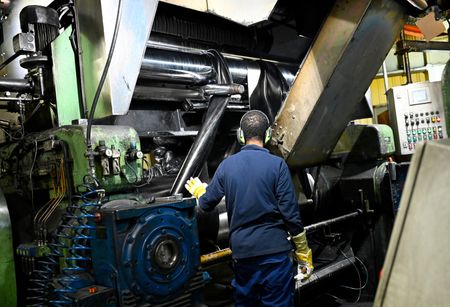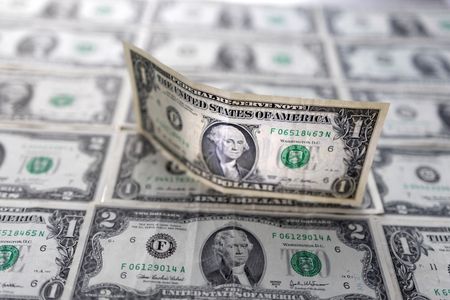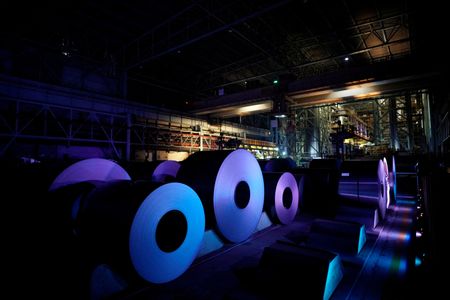By Alexandra Alper
WASHINGTON (Reuters) -Republican lawmakers have been praising a preliminary plan under consideration by President Donald Trump’s administration to curb exports to China of a dizzying array of globally produced technology powered by U.S. software, as first reported by Reuters.
Treasury Secretary Scott Bessent confirmed the proposal which, if implemented, could hit global shipments to China of everything from laptops to jet engines, cars and industrial pumps, as part of a bid to retaliate against Beijing’s latest round of rare earth export restrictions.
“President Trump’s strong moves to secure our nation’s supply chains, safeguard our software, and protect the American people are all critical steps to countering China’s predatory actions targeting the U.S. economy this month,” Republican Congressman John Moolenaar, who chairs the House Select Committee on China, said in a statement to Reuters when asked about the proposed measure.
The policy, if it moves forward, would make good on Trump’s threat in a social media post this month to bar “critical software” exports to China by restricting global shipments of items that contain U.S. software or were produced using U.S. software. Trump’s post came a day after Beijing dramatically expanded its export controls on rare earth elements, key inputs for U.S. automakers and other tech industries that are largely controlled by China.
“I will confirm that everything is on the table,” U.S. Treasury Secretary Scott Bessent told reporters at the White House Wednesday when asked about software curbs on China. “If these export controls – whether it’s software, engines or other things – happen, it will likely be in coordination with our G7 allies.”
Republican Senator Rick Scott echoed Moolenaar’s praise, saying he fully supports “the Trump administration’s bold actions to hold Communist China accountable and restrict its access to American technology, software, or intellectual property that would undoubtedly be used against us. This is a huge step in protecting American innovation, jobs, and our national security,” he added.
(Reporting by Alexandra Alper; Editing by David Gregorio)

